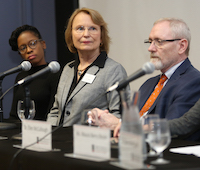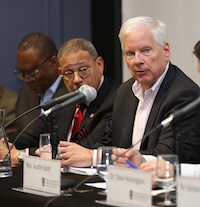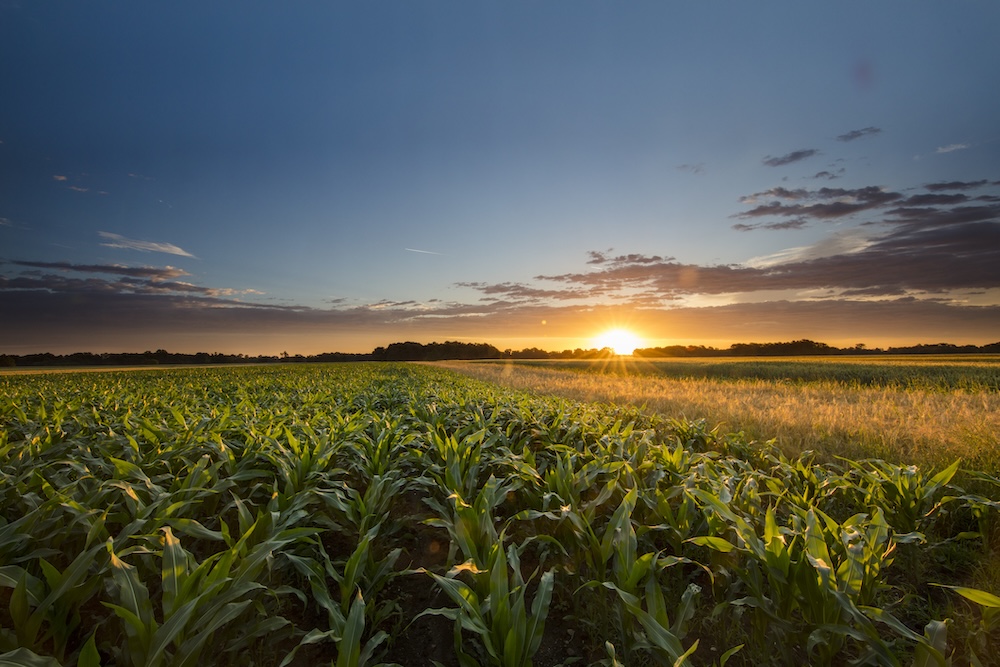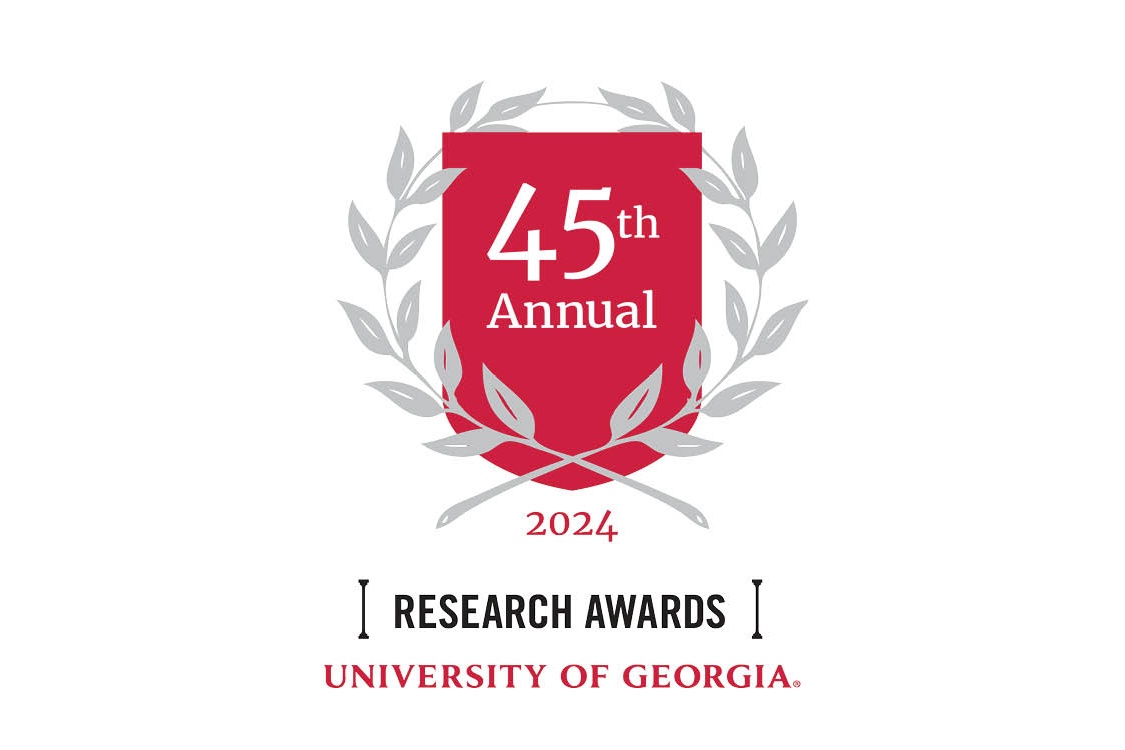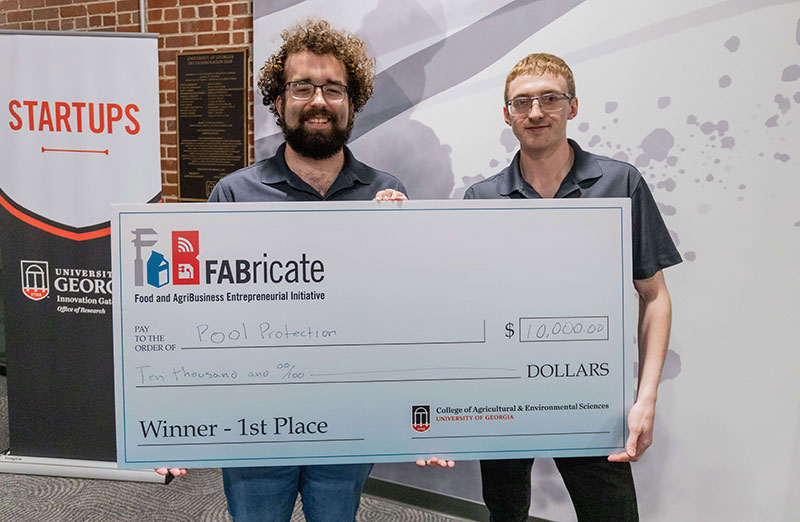When it comes to the goal of feeding the world’s growing population, the only certainty is that it will take a multipronged approach.
To help facilitate the collaboration that is going to be necessary, faculty members at the University of Georgia recently convened food security experts from across the nation to discuss how UGA scientists and students could build a more food-secure world.
The UGA College of Agricultural and Environmental Sciences’ (CAES) inaugural Global Food Security Summit brought together the leaders of United States Agency for International Development (USAID) and the U.S. Department of Agriculture (USDA) National Institute for Food and Agriculture (NIFA) with researchers and policy makers to discuss priorities in the realms of food production and food protection.
“The things that we do matter because, by all estimates, by 2050 there will be 9 billion people on the planet,” CAES Dean and Director Sam Pardue told the crowd. "When I was a child there were 3 billion. Things have changed dramatically, and we are going to need more food. We'll need 30% more food by 2030; 2030 is not very far away. This is a task that we take very seriously."
The summit was unique because it looked at the issues facing farmers, researchers and nongovernmental organizations in one conversation, as one system. Everyone benefits from a food-secure world, said American Farm Bureau Federation President Zippy Duvall.
“Our Farm Bureaus are interested in this discussion because we know how important it is that all people have adequate food,” Duvall told the crowd. “We know that as people are fed, they get up and develop their lives, they become closer to the middle class, they have more money to spend, and they can buy the products that we sell. So waters that rise lift all boats — it would lift them up and lift us up too — and that's what life really is all about.”
A panel on scientific barriers to increasing food production included participants such as CAES Professor Wayne Parrott of the Department of Crop and Soil Sciences, Fort Valley State University Department of Biology Chair George Mbata, USDA NIFA Director Scott Angle, Rep. Sanford Bishop, Rep. Austin Scott and Director of the Feed the Future Innovation Lab for Peanut Dave Hoisington.
Their discussion on logistic, economic and social barriers to technology adoption by farmers, and strategies for ensuring appropriate technologies is available to farmers around the world.
A second panel focused on food distribution, trade and nutrition. The group, made up of foods and nutrition Professor Alex Anderson of the UGA College of Family and Consumer Sciences (FACS); Samara Sterling, research director at The Peanut Institute; Professor Lynn Bailey, head of the Department of Foods and Nutrition in FACS; Tom Schaetzel, nutrition director for CARE; Ellen McCullough, assistant professor in the UGA Department of Agricultural and Applied Economics; and Maura Barry Boyle, senior deputy assistant administrator for USAID's Bureau for Food Security.
Their discussion focused on the cultural factors that lead to inequitable food distribution. It also focused on the failures of trade and subsidy policies, and the research needed to craft policies that ensure food security around the world.
To find out more about how CAES contributes to the global effort for food security, visit caes.uga.edu.
To see some of the comments made at the summit, visit www.youtube.com.

